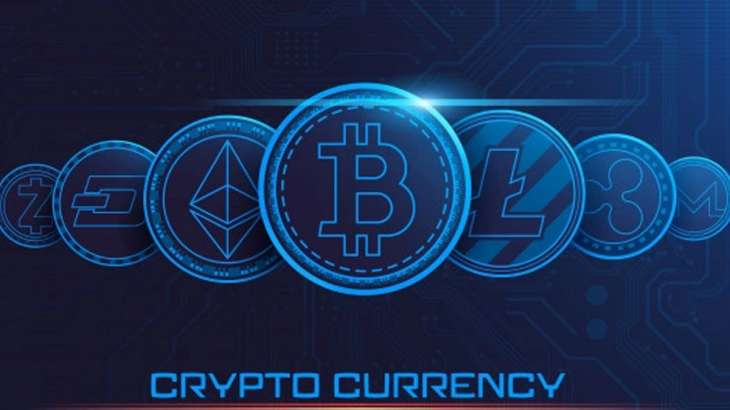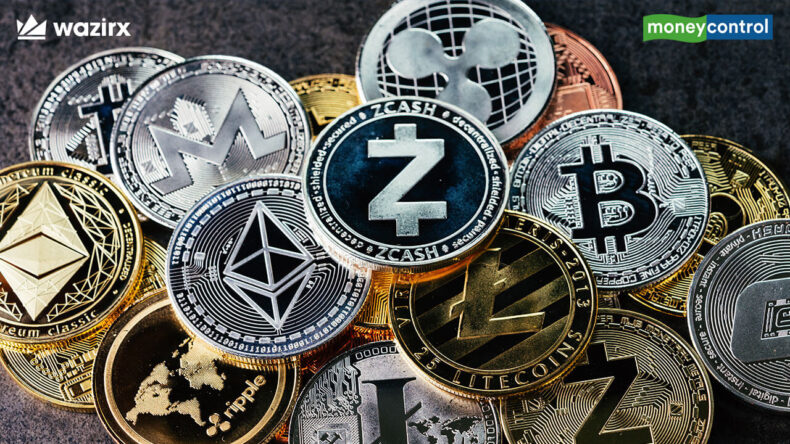Cryptographic money is a computerized or virtual cash that is gotten by cryptography, which makes it almost difficult to fake or twofold spend. Numerous digital forms of money are decentralized organizations in light of blockchain innovation — a conveyed record implemented by a unique organization of PCs. A characterizing component of digital currencies is that they are by and large not Abergavenny focal power, delivering them hypothetically insusceptible to government obstruction or control.

Advanced or virtual monetary standards backed by cryptography frameworks are known as cryptographic forms of money. They enable safe internet-based payments without the use of third-party delegates. The term “crypto” refers to the many encryption calculations and cryptographic methods used to secure these parts, such as circular bend encryption, public-private key matches, and hashing capabilities.
Cryptographic money can be mined or purchased through digital currency exchanges. Digital currency purchases are not permitted on all online business sites. Digital currencies, especially well-known ones like Bitcoin, are rarely used for retail transactions. Regardless, cryptographic types of money have become well-known as exchanging instruments due to their rising value. They’re also used for crossline moves in some cases.
Blockchain innovation: Crypto
Blockchain innovation is integral to the allure and usefulness of Bitcoin and other digital currencies As its name shows, blockchain is b bunch of associated blocks or a web-based record. Each block contains a bunch of exchanges that have been freely confirmed by every individual from the organization. Each new block produced should be checked by every hub before being affirmed, making it inordinately difficult to fashion exchange histories.1 The items in the web-based record should be settled upon by the whole organization of a singular hub, or PC keeping a duplicate of the record.
Specialists say that blockchain innovation can serve different businesses, for example, the production of networks, cycles like in the Internet casting a ballot, and crowdfunding. Monetary organizations like JPMorgan Chase and Co. (JPM) are using blockchain innovation to reduce exchange costs by smoothing out installment handling.

The benefits of digital currencies incorporate less expensive and quicker cash moves and decentralized frameworks that don’t fall at a weak link.
The burdens and disadvantages of digital currencies incorporate their cost unpredictability, high energy utilization for mining exercises, and their use in crimes.
Hence, specialists accept that blockchain and related innovation will upset numerous businesses, including money and regulation.
~Varnika Jain
Also read: Small businesss












